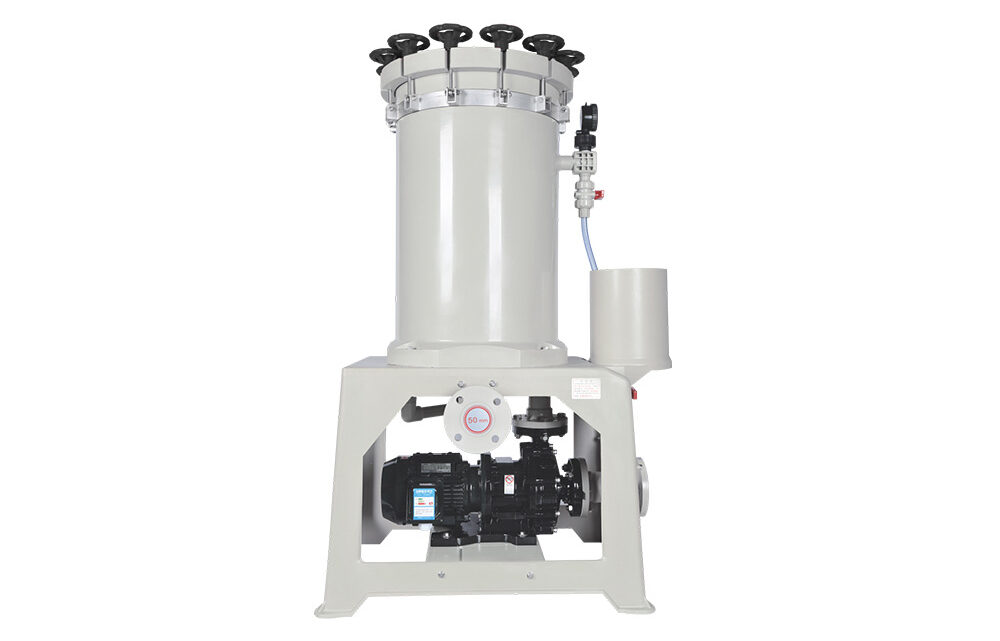
Electroplating Filter: Enhancing Efficiency and Purity in Metal Deposition Processes

# Electroplating Filter: Enhancing Efficiency and Purity in Metal Deposition Processes
Electroplating is a critical process in various industries, from automotive to electronics, where metal deposition is essential for enhancing the durability, conductivity, and aesthetic appeal of components. However, the efficiency and quality of electroplating heavily depend on the purity of the plating solution. This is where the electroplating filter plays a pivotal role.
## The Importance of Electroplating Filters
Electroplating filters are designed to remove impurities and contaminants from the plating solution, ensuring a consistent and high-quality metal deposition. These impurities can include particulate matter, oils, and other foreign substances that can compromise the integrity of the plated surface. By maintaining a clean and pure plating solution, electroplating filters help in achieving uniform coating thickness, reducing defects, and extending the lifespan of the plating bath.
### Types of Electroplating Filters
There are several types of electroplating filters available, each suited for different applications and levels of filtration:
– **Cartridge Filters**: These are commonly used for fine filtration and are effective in removing small particulate matter. They are easy to replace and maintain.
– **Bag Filters**: Ideal for coarse filtration, bag filters are used to remove larger particles and are often employed as a pre-filtering step.
– **Depth Filters**: These filters provide a high dirt-holding capacity and are effective in removing a wide range of particle sizes.
– **Membrane Filters**: Known for their precision, membrane filters are used when extremely high levels of purity are required, such as in the electronics industry.
## Benefits of Using Electroplating Filters
The use of electroplating filters offers numerous benefits, including:
– **Improved Plating Quality**: By removing contaminants, filters ensure a smoother and more uniform metal deposition, leading to higher-quality finished products.
– **Extended Bath Life**: Clean plating solutions reduce the frequency of bath replacements, saving both time and money.
– **Reduced Defects**: Filters minimize the occurrence of defects such as pitting, blistering, and uneven coating, which can lead to product rejection.
– **Enhanced Efficiency**: A clean plating solution allows for more efficient use of plating materials, reducing waste and improving overall process efficiency.
### Maintenance and Best Practices
To maximize the effectiveness of electroplating filters, regular maintenance is essential. This includes:
– **Regular Inspection**: Periodically check the filters for signs of wear or clogging and replace them as needed.
– **Proper Installation**: Ensure that filters are correctly installed to prevent bypassing and ensure optimal filtration.
– **Monitoring Filtration Efficiency**: Use appropriate monitoring tools to assess the performance of the filters and make adjustments as necessary.
In conclusion, electroplating filters are indispensable in the metal deposition process, ensuring the purity and efficiency of the plating solution. By selecting the right type of filter and adhering to best practices, industries can achieve superior plating results, reduce costs, and enhance the overall quality of their products.
Keyword: electroplating filter